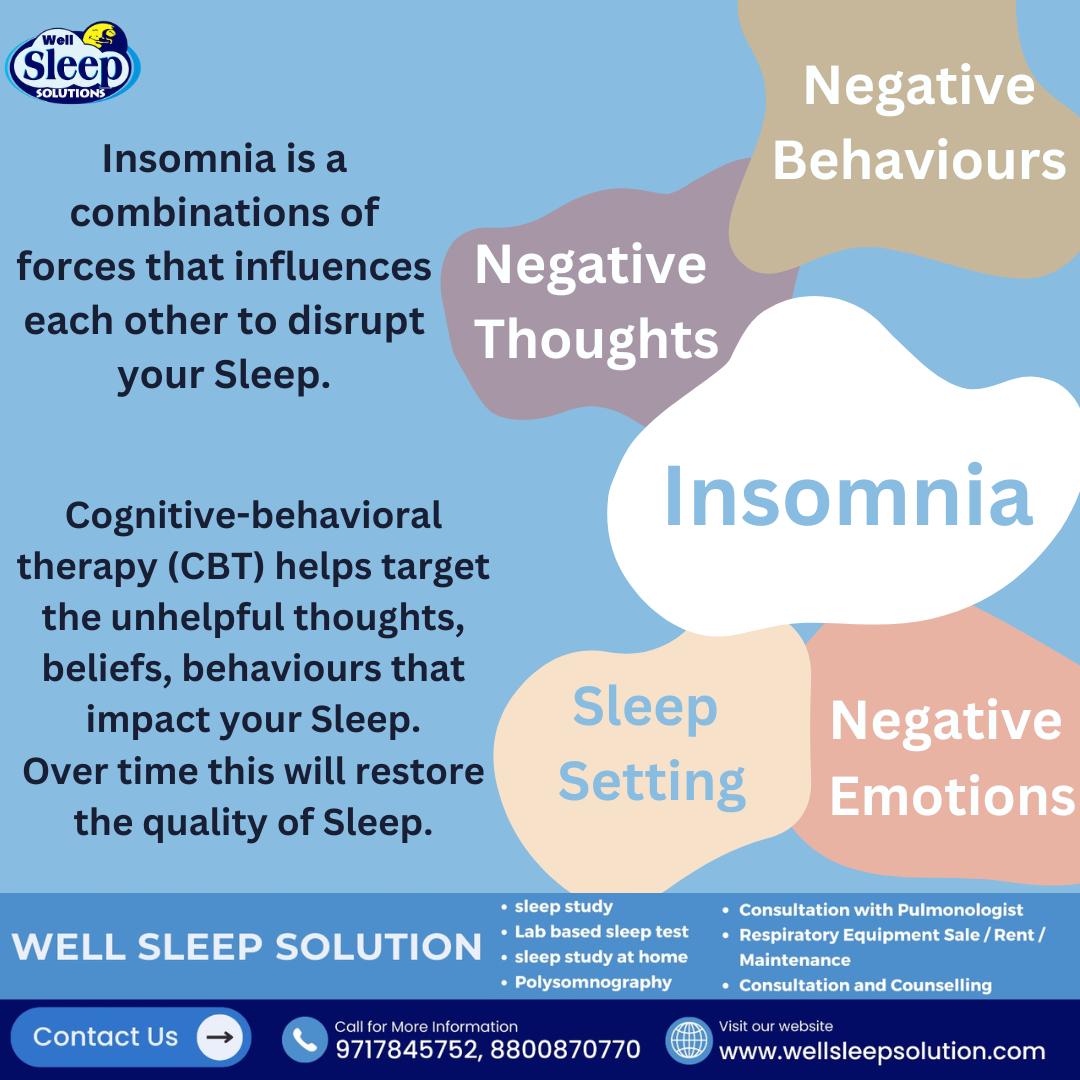In today’s fast-paced world, achieving and maintaining a healthy weight can often feel like an uphill battle. Amidst the myriad of diet plans, exercise routines, and wellness trends, one crucial element is frequently overlooked: sleep. We often sacrifice sleep in our quest to fit more into our busy lives, underestimating its profound impact on our overall health. However, research consistently underscores the vital role sleep plays not only in our mental and physical well-being but also in our ability to manage weight effectively. In this article, we will explore the intricate connection between sleep and weight management, offering practical insights and compassionate guidance to help you prioritize rest as a fundamental component of your health journey.
Understanding the Connection Between Sleep and Weight Management
Many people overlook the significant impact that sleep has on their weight management journey. When you don’t get enough sleep, your body experiences a range of hormonal imbalances that can hinder your weight loss efforts. Leptin, the hormone that signals fullness, decreases, while ghrelin, the hormone that stimulates hunger, increases. This imbalance can lead to increased appetite and cravings, particularly for high-calorie, sugary foods.
Additionally, poor sleep can affect your energy levels and motivation to exercise. Lack of rest often results in feeling sluggish and less inclined to engage in physical activities. Here are some key points to consider:
- Metabolism: Inadequate sleep can slow down your metabolism, making it harder to burn calories efficiently.
- Insulin Sensitivity: Sleep deprivation can reduce insulin sensitivity, increasing the risk of weight gain and type 2 diabetes.
- Stress Levels: Poor sleep can elevate stress hormones like cortisol, which is linked to weight gain, especially around the abdominal area.
Understanding these connections can empower you to prioritize sleep as an essential component of your weight management plan. Aim for 7-9 hours of quality sleep per night to support your overall health and fitness goals.

How Sleep Deprivation Disrupts Your Metabolism and Appetite
When you skimp on sleep, your body’s internal systems go haywire, significantly impacting your metabolism and appetite. Sleep deprivation affects the balance of key hormones like ghrelin and leptin. Ghrelin, often called the “hunger hormone,” spikes, making you feel hungrier than usual. Meanwhile, leptin, which signals fullness, drops, leaving you less satisfied after meals. This hormonal imbalance can lead to overeating and weight gain.
- Increased cravings: Lack of sleep boosts your desire for high-calorie, sugary foods.
- Slower metabolism: Your body’s ability to process and burn calories efficiently diminishes.
- Insulin resistance: Sleep deprivation can make your cells less responsive to insulin, increasing the risk of type 2 diabetes.
Understanding these effects underscores the importance of prioritizing good sleep hygiene as part of a comprehensive approach to achieving and maintaining a healthy weight.

Practical Tips for Improving Your Sleep Quality
Enhancing your sleep quality can be a game-changer for both your mental and physical health. Here are some practical tips to help you get better rest:
- Establish a Consistent Sleep Schedule: Try to go to bed and wake up at the same time every day, even on weekends. This helps regulate your body’s internal clock.
- Create a Relaxing Bedtime Routine: Activities like reading a book, taking a warm bath, or practicing meditation can signal to your body that it’s time to wind down.
- Optimize Your Sleep Environment: Ensure your bedroom is cool, dark, and quiet. Consider using blackout curtains, earplugs, or a white noise machine if needed.
- Be Mindful of Your Diet: Avoid caffeine and heavy meals close to bedtime. Instead, opt for a light snack if you’re hungry.
- Limit Screen Time: The blue light emitted by phones, tablets, and computers can interfere with your sleep. Try to turn off electronic devices at least an hour before bed.
By incorporating these tips into your daily routine, you can significantly improve your sleep quality, which is crucial for maintaining a healthy weight and overall well-being.

Creating a Sleep-Friendly Environment for Better Health
A well-optimized sleep environment can significantly enhance the quality of your rest, directly impacting your ability to achieve and maintain a healthy weight. Here are some actionable tips to create a sleep-friendly space:
- Regulate Room Temperature: Aim for a cool, comfortable setting, ideally between 60-67°F (15-19°C). This helps signal to your body that it’s time to wind down.
- Eliminate Light Sources: Use blackout curtains or eye masks to block out any light. Even small amounts of light can disrupt your circadian rhythm.
- Reduce Noise: Consider white noise machines or earplugs to mask disruptive sounds, ensuring a peaceful sleep environment.
- Invest in Quality Bedding: A supportive mattress and comfortable pillows can make a world of difference. Opt for breathable, soft linens to enhance comfort.
- Declutter Your Space: A tidy room can reduce stress and create a more relaxing atmosphere, conducive to better sleep.
Implementing these changes not only promotes restful sleep but also supports metabolic processes and hormonal balance, both crucial for weight management. By prioritizing your sleep environment, you’re taking a significant step towards a healthier, more balanced life.





